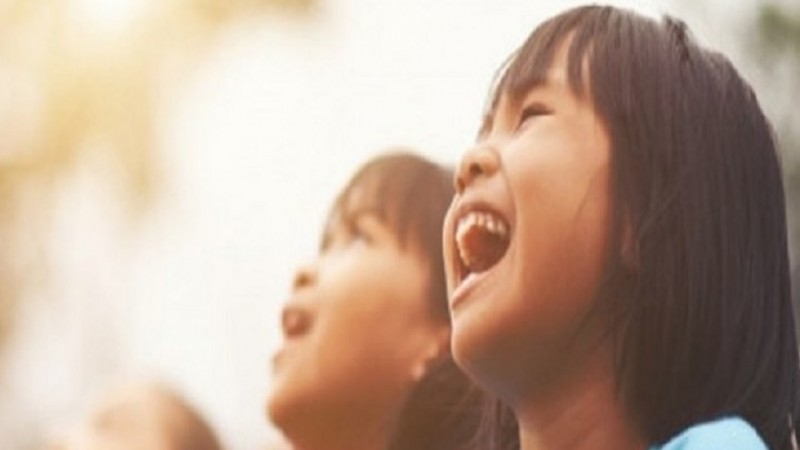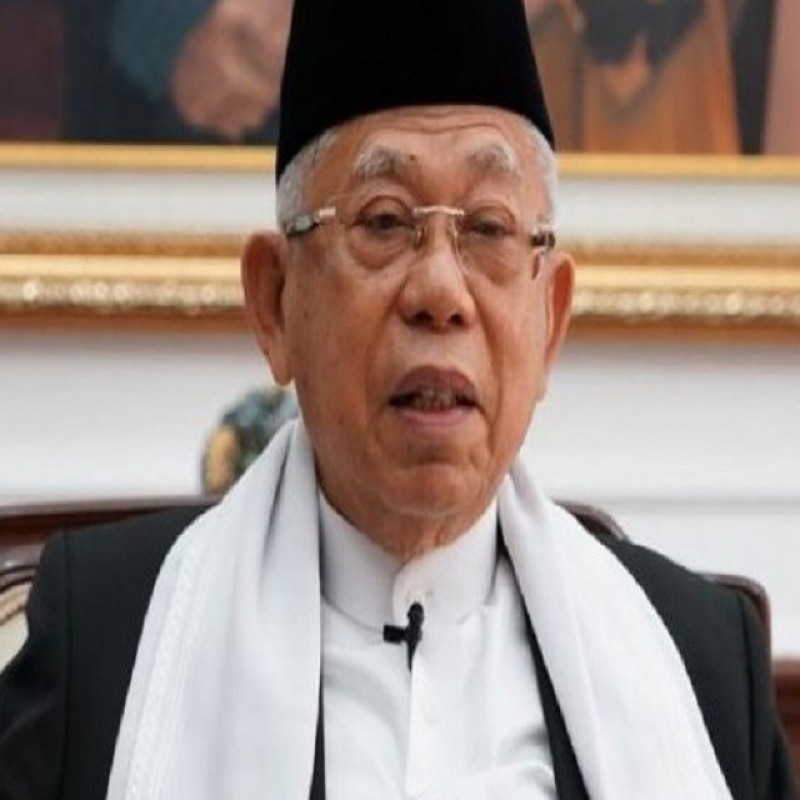Death crisis due to Covid-19 threatens children's future
NU Online · Sabtu, 7 Agustus 2021 | 07:51 WIB
Syifa Arrahmah
Kontributor
Jakarta, NU Online
The Covid-19 pandemic has created an urgent crisis affecting children around the world. From the United States Central of Disease Control (CDC) research, for every two Covid-19 deaths, at least one child faces the death of his parent or caregiver that makes them orphaned.
Concerned about this condition, Director of The Asian Muslim Action Network (AMAN) Dwi Rubiyanti Kholifah, stated that the deaths of parents and caregivers were a hidden pandemic resulting from Covid-19-related deaths.
"I am concerned about the increasing death tolls and indeed it is one of the consequences of the current pandemic," Ruby told NU Online here Friday (6/8).
In this regard, Ruby called on the state to play a role in helping children who have lost their families due to the pandemic, including economic support, education, and mental health.
"The state support is important for these children. One of the supports is by providing scholarships for them, so they don't drop out of school," the Women and Children observer said.
He also advised the government to establish communication with the community about the need for families to prepare for possible risk mitigation. When a father or mother is exposed to Covid-19 and is self-isolating, it is important to speak with extended family members as soon as possible to prepare alternative family-based care in case the worst happens.
"Cultural and familial mechanisms are important to develop. Talking about it with the family is very important as a solution in the future, who will be the next guardian," Ruby suggested.
Children who are still growing certainly have a great need for parental love. However, Ruby said, because parents had died, it was important to ensure that children could get an environment and substitute parents who could oversee their growth and development.
"Children have rights according to our constitution," he said.
The involvement of institutions such as Islamic boarding schools for parenting patterns for children's growth and development, according to Ruby, is very effective. This is because pesantren has been proven to be able to provide a safe and comfortable place for children who do not have parents, to grow and stay healthy and receive love from the pesantren leaders.
"However, it is important to position this with the pesantren. So that responsibility could be shared," Ruby said.
Regarding parenting, the Deputy Chairperson of the Indonesian Child Protection Commission (KPAI) Rita Pranawati agreed, the extended family must first discuss the future of children who have lost their parents or are orphaned. The reason is that under the Indonesian law, extended families up to the third degree are supposed to take over the matter of guardianship.
"Brothers and sisters as the first degree, then grandparents, and the third uncles and aunts, that is what is meant by degrees in parenting," the Commissioner for Parenting explained.
"So it is not solely taken care of in an orphanage," he added.
Contributor: Syifa Arrahmah
Editor: Sudarto Murtaufiq
Terpopuler
1
Khutbah Jumat: Ramadhan dan Kesempatan yang Tidak Selalu Terulang
2
Innalillah, Ulama Mazhab Syafii asal Suriah Syekh Hasan Hitou Wafat dalam Usia 83 Tahun
3
Khutbah Jumat: Ramadhan, Melatih Sabar, Memperkuat Syukur
4
Kultum Ramadhan: Lebih Baik Sedikit tapi Istiqamah
5
Keluar Mani yang Tidak dan Membatalkan Puasa
6
Khutbah Jumat: Tiga Kebahagiaan Orang Puasa
Terkini
Lihat Semua


















